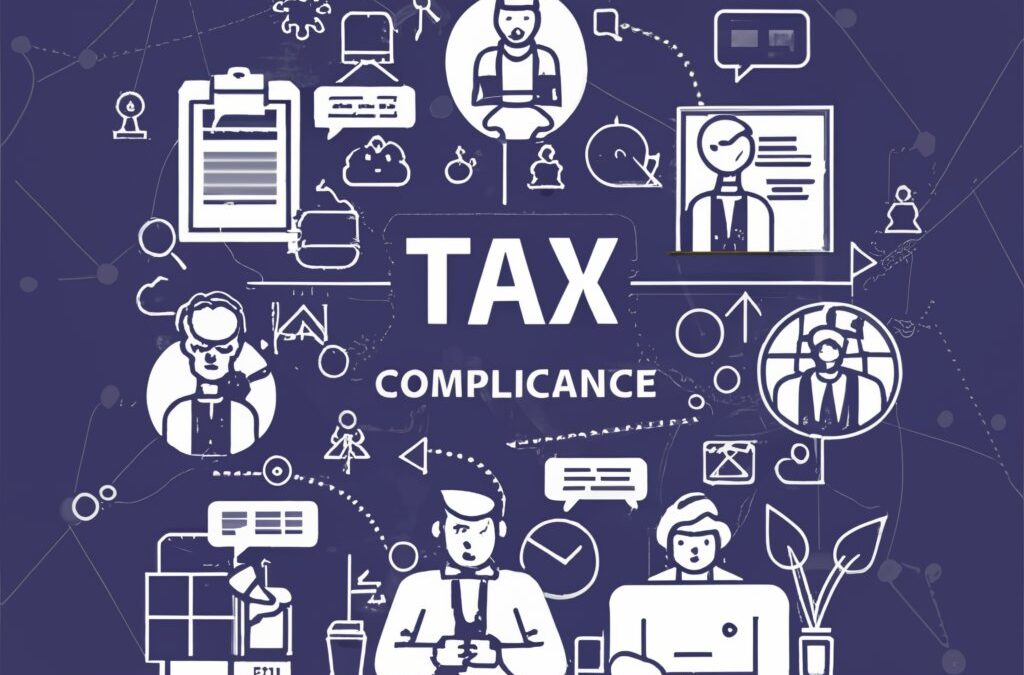In the employment landscape, the rise of the gig economy has transformed how people work. From driving for rideshare companies to giving freelance services online, individuals are embracing the flexibility and autonomy that gig work provides. However, a complex web of tax obligations exists that on-demand workers must navigate. Victory Tax Lawyers, LLP sheds light on the intricacies of tax compliance in the gig economy and offers guidance to freelancers and gig workers.
Understanding the Gig Economy
The gig economy encompasses various activities where individuals work freelance, temporary, or contract, often through digital platforms or apps. This includes ride-hailing services, food delivery, online marketplaces, and freelance services such as writing, graphic design, and programming.
One of the main features of the gig economy is its flexibility. Workers can choose when, where, and how much they work, making it an attractive option for those seeking autonomy and supplementary income. However, this flexibility has its own set of challenges, especially when it comes to tax compliance.
Tax Implications for Gig Workers
Unlike traditional employees who receive a W-2 form from their employers, gig workers usually receive Form 1099 from their platforms or clients. These 1099 forms report the income earned by the worker throughout the year. Gig workers should accurately report this income on their tax returns to pay the proper amount of taxes and avoid potential penalties, interest, and legal issues.
Self-Employment Taxes
One key consideration for gig workers is the self-employment tax. Since they are classified as independent contractors, gig workers are responsible for paying both the employer and employee portions of Social Security and Medicare taxes, which amounts to 15.3% of their net earnings. Gig workers must set aside and make estimated tax payments for this portion of their income to cover taxes since they are not subject to withholding like traditional employees.
Quarterly Estimated Taxes
As mentioned above, a key aspect of tax compliance for gig workers is the requirement to make quarterly estimated tax payments. Since taxes are not withheld from their income throughout the year, gig workers must estimate their tax liability and make quarterly payments to the IRS. If they fail to do so, they will have to face underpayment penalties.
Deductions and Credits
Gig workers may be eligible for tax deductions and credits to reduce their taxable income. This includes deductions for business expenses such as mileage, supplies, and home office expenses. Furthermore, certain credits like the Earned Income Tax Credit (EITC) and the Qualified Business Income Deduction (QBID) can help lower their overall tax bill.
Compliance Challenges
While the gig economy is flexible and offers opportunities for supplemental income, it also presents challenges regarding tax compliance. One of the main challenges is tracking and reporting income from multiple sources. Gig workers often work with multiple platforms or clients, each issuing 1099 forms. Keeping track of these forms and accurately reporting income can be daunting, especially when one is new to the gig economy.
Another challenge is understanding the tax implications of gig economy activities. Different types of gig work may have different tax treatments, and navigating these complexities requires a good understanding of tax laws and regulations. The lack of employer-provided benefits such as health insurance and retirement plans means that gig workers must also budget for these expenses independently.
Tips for Compliance
To help gig workers navigate the complexities of tax compliance, Victory Tax Lawyers, LLP offers the following tips:
- Keep records: Maintain detailed records of income, expenses, and mileage related to your gig work. This will make it easier to accurately report income and claim deductions during tax time.
- Set aside funds for taxes: Since taxes are not withheld from your income as a gig worker, you should set aside a portion of your earnings to cover your tax obligations. Consider making quarterly estimated tax payments to avoid underpayment penalties.
- Stay informed: Stay informed on tax laws and regulations that may impact your gig work. Seek guidance from tax professionals or resources like Victory Tax Lawyers, LLP to ensure compliance and maximize tax savings.
- Maximize deductions and credits: Take advantage of available tax deductions and credits to lower your taxable income. This includes deductions for business expenses and credits like the EITC and QBID.
Achieve a Piece of Mind
While the gig economy offers opportunities for flexibility and autonomy, it also comes with unique tax compliance challenges. From self-employment taxes to quarterly estimated payments, gig workers must navigate a complex landscape to ensure compliance with tax laws and regulations. By understanding their reporting obligations and taking proactive steps to stay compliant, gig workers can minimize their tax liabilities and focus on what they do best. Victory Tax Lawyers, LLP provides free tax attorney consultation to assist gig workers in achieving peace of mind regarding their tax obligations.
